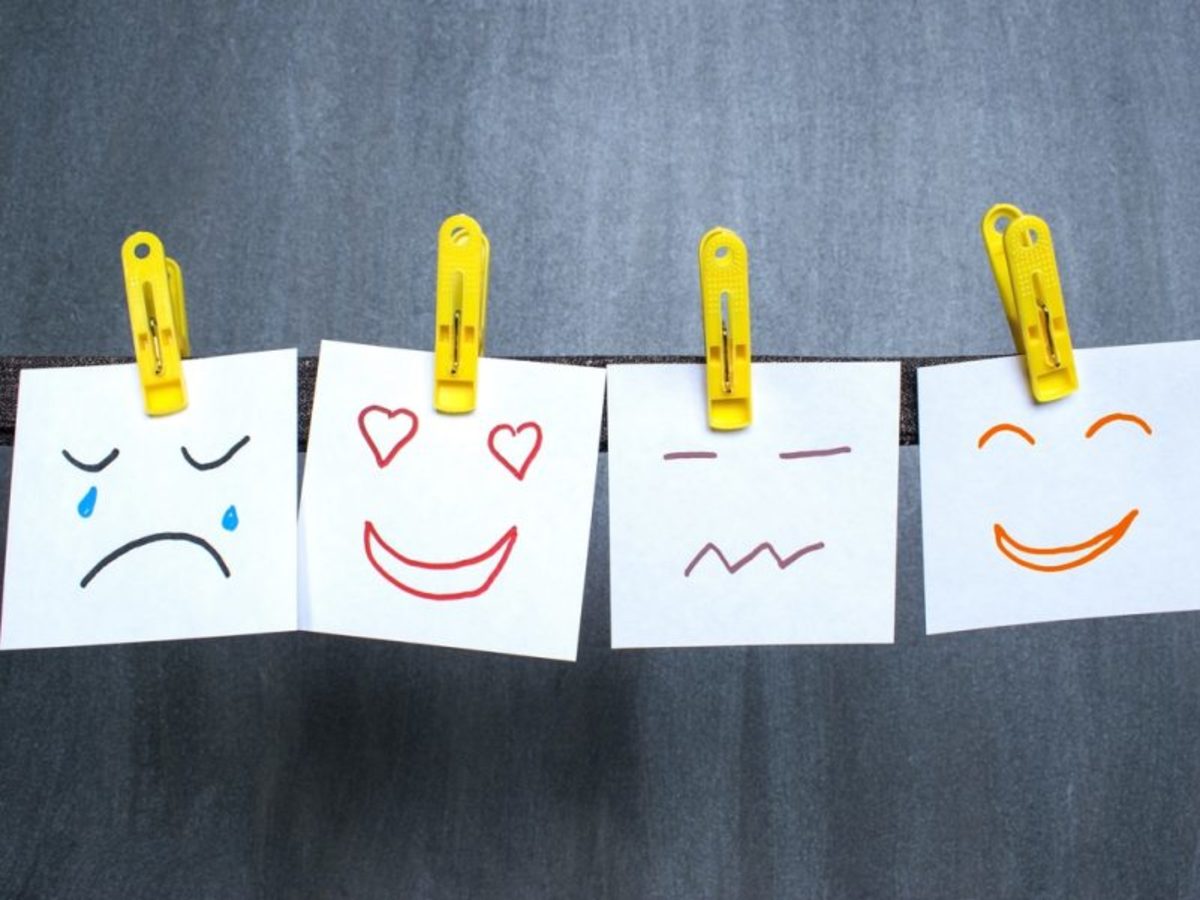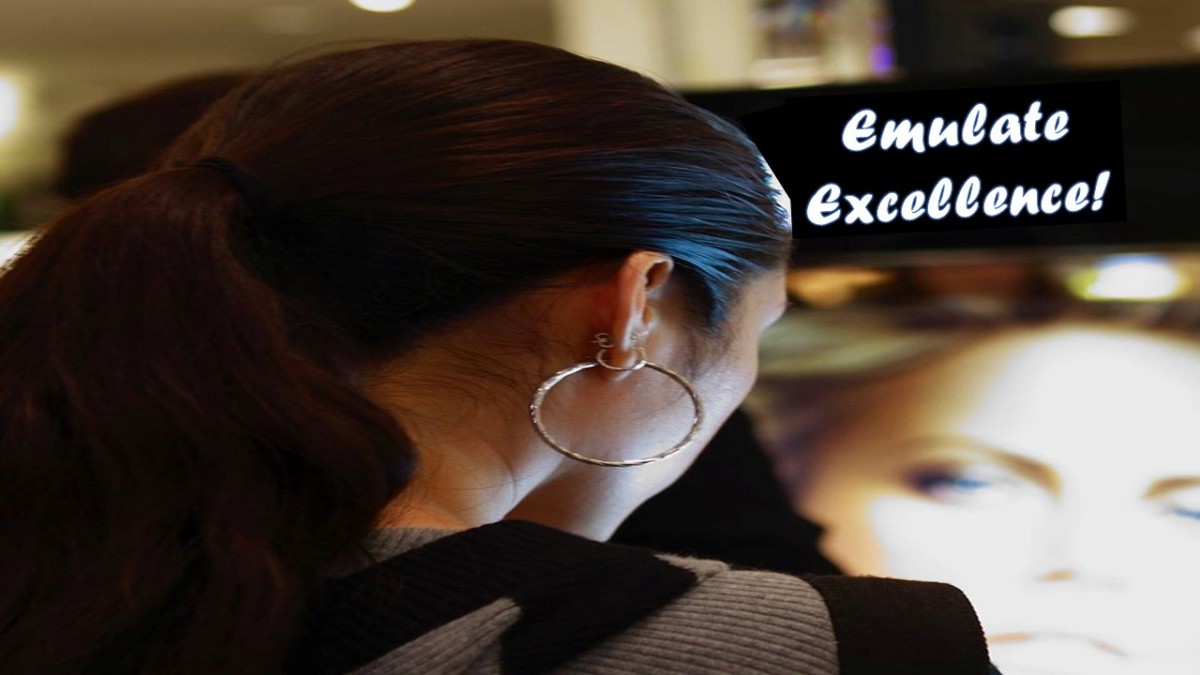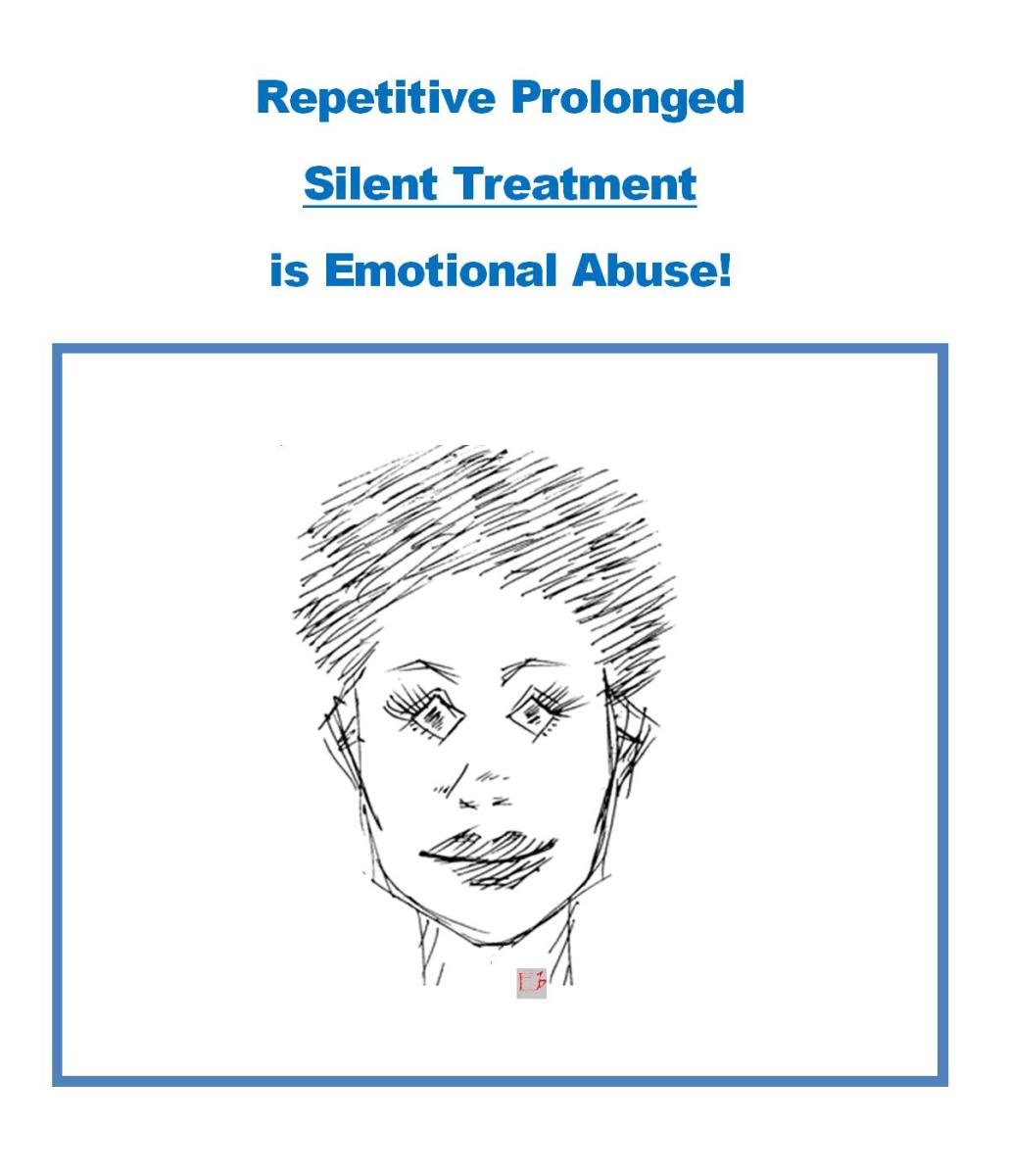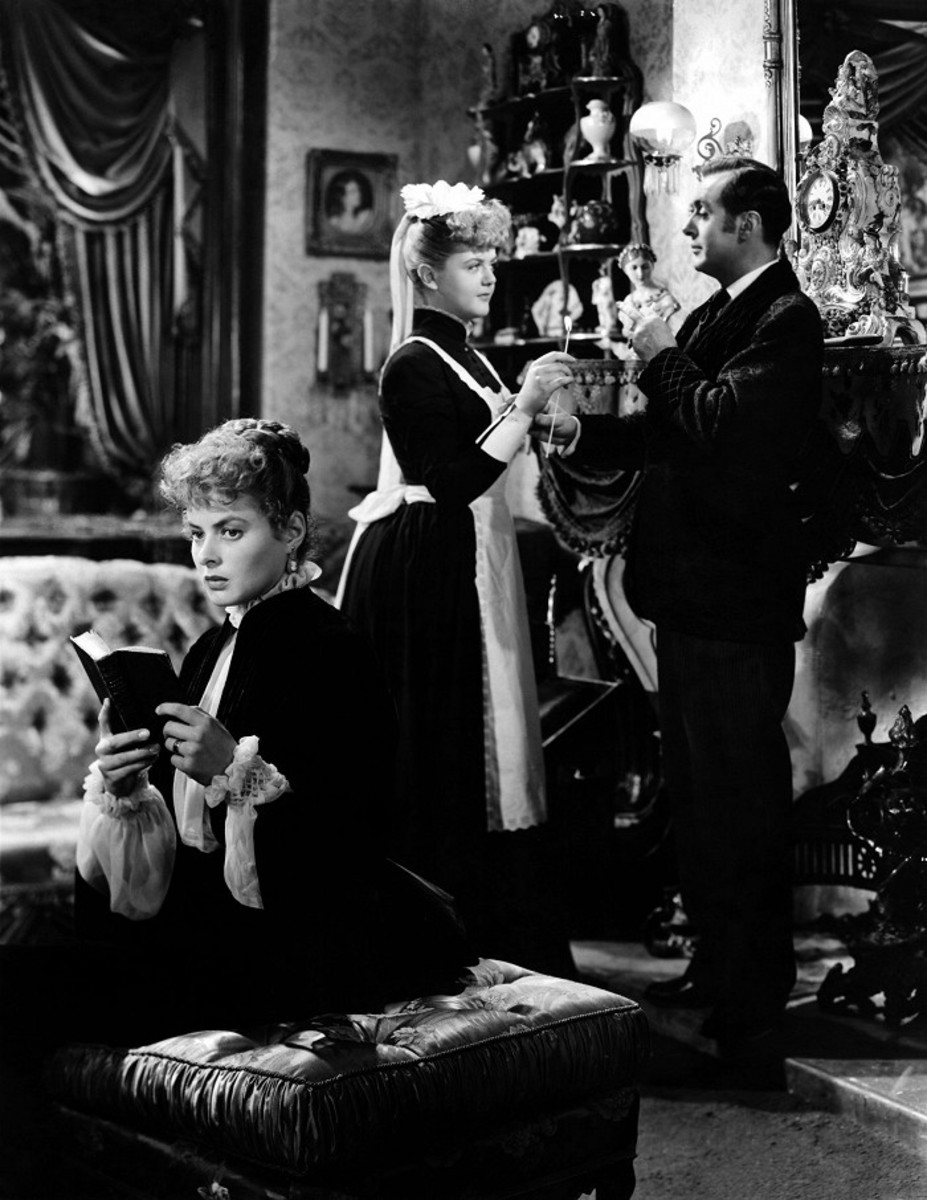Why Do Some People Hurt Others?
If you wish to be treated well, why do you ill-treat others?
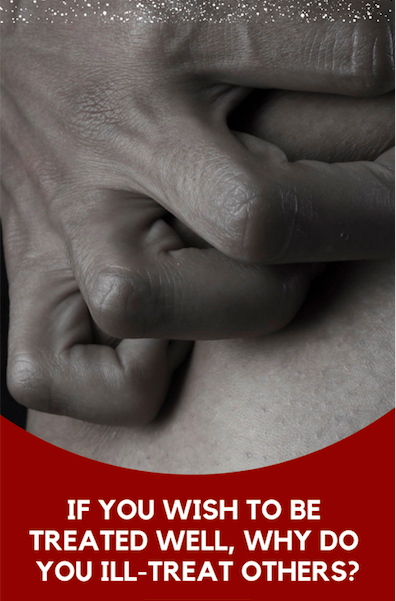
Children's natural instincts lead them to loving and caring.
When a child is born, the kid's natural and intuitive response to loving gestures and affection is a positive one while the response in case of pain or neglect is crying and sadness. This is the natural response in all children, no matter what their origin, ethnic group or social class. Most of them will also treat those around them the same way they are treated themselves. If love is what they get, love is what they give. Unless something terrible happens, children grow up responding the same way, loving others first. Unfortunately, that is not always like that. Some children are exposed to certain experiences in their early years that teach them to treat other human beings some other ways.
When children hear threats and see physical dominance as a regular part of their days, such behaviors can become the norm, the example to imitate and copy. If their role models usually insult, criticize or make fun of others, that is what they will learn and aspire to do. They will gradually change their innate reactions by gradually convincing themselves that their reality is as should be, even if their innermost feelings seem to contradict what they see others doing. Little by little, the first impulses that lead those children to smiling and loving when being smiled at and loved, dwindle and change because their experience teaches them that those reactions are not ok. By observing those around them, those whose behavior is their example, they start controlling their intuitive responses and adopt new ones that are more similar to the ones they observe in their immediate environment.
Most abusers and bullies learn their behaviour from their elders.
Unless there is an alternative behavior to make them question what they see, many of those children will take the example they have in front of them to be the norm. They will consider abusing others the logical way to be adults. They will understand relationships to require a violent, aggressive discourse. They will expect submission from others if they are to be what they should. Some will adopt the opposite view, true; that of the victim or victims, the only second role they witness in their early years. In this case, they might grow to display similar behaviors, too.
By the time those children are exposed to other models, their early beliefs are already established and strengthened. It will not be until they are much older that the other alternatives become visible or accessible to them. By then, they will reject them because their convictions are already quite firm. They will reproduce their learned behavior and step on others to gain admiration or preponderance, without even considering that there could be a different way. Let's not forget that, to them, that is the norm.
Most bullies, abusers, tyrants and racists are created this way. They only follow the lead they had in their early years. Unquestioned in their convictions for quite a few years, they were never really given a different chance.
Society needs to offer children alternative role models to change learned patterns of abuse.
If society is to change, if violence and aggression are to become the exception instead of the norm, alternative roles should be present in all children's early years. If negative role models are to be overruled, more positive ones need to be experienced to offer those children the opportunity to question the first ones. Only by making a general, society-wide effort will we be able to uproot those deep, engrained beliefs that travel from generation to generation and perpetuate violence against other, weaker human beings.
Where an abusive parent displays dominance, a young child should be exposed to loving, respectful parents in other families. When witnessing a harsh, critical, insulting discourse, the child should hear others treating their equals with love and respect, maybe from those around, to counterbalance the model the child has. When an adult abuses other weaker ones, the child should also see how other adults protect the victim and question the abuser. Only then will our society change; when those little children whose beliefs are being settled now are given the chance to adopt and preserve their natural instincts to love, support and care for others, like they first felt upon birth.
It's time to stop the dissemination of abusive roles.
Abuse and violence will not be eradicated by policies, rules or laws. They will not be eliminated from society by treatments and therapies. The only real way is through education, by offering our youngest alternative models that will prevent them from replicating destructive and aggressive behaviors. The effort needed is a global, society-wide one. No adult should look the other way in the presence of children when inappropriate behaviors are displayed. No adult should laugh when others are being ridiculed or made fun of. All adults should make it their goal to share positive and respectful relationships so that little witnesses are given a chance to adopt them, too.
No violence should be fought with greater violence. There's no need for that. If we consider that all human beings are born to enjoy being loved and cared for, why not make it a world movement to prevent as many children as possible from changing their beliefs just by offering them an alternative? That's all it takes, really. When societies publicly display that powerful message of support and care, most children will be exposed to it. It's time to stop looking the other way or to enjoy the show. It's time to lead our younger generations in a more positive direction.
© 2019 Jessica J Lockhart



